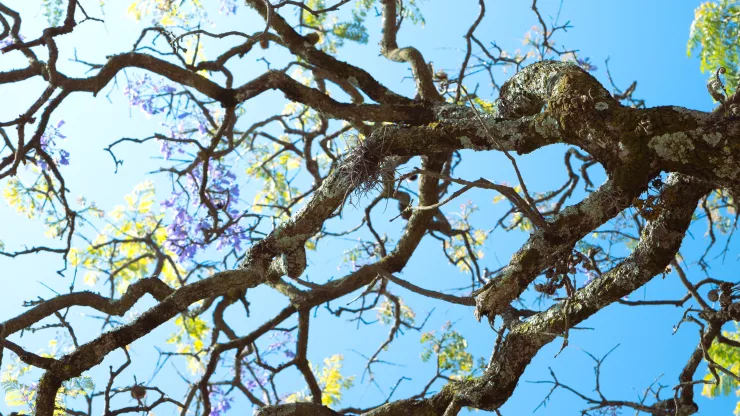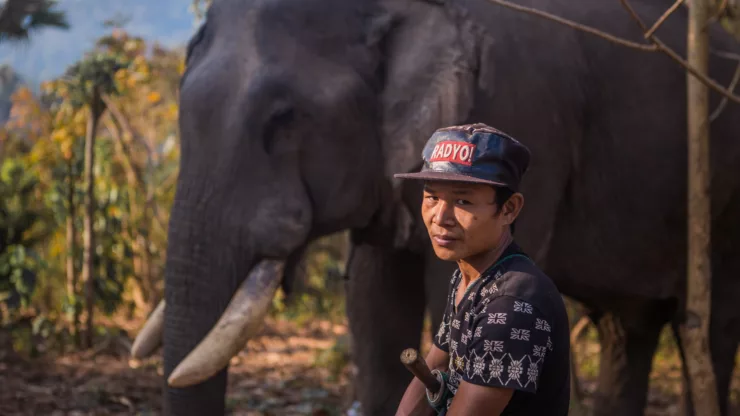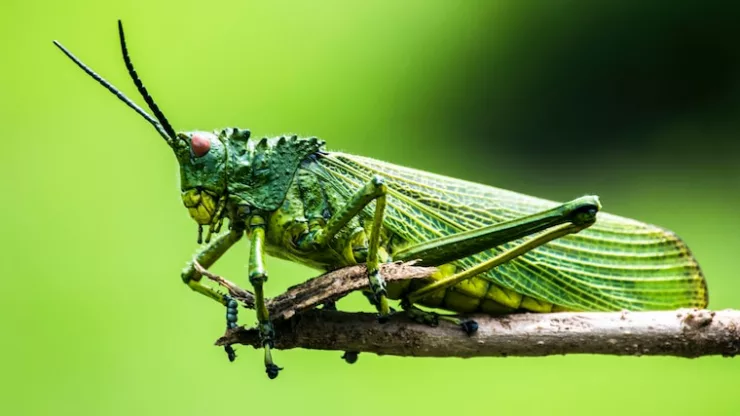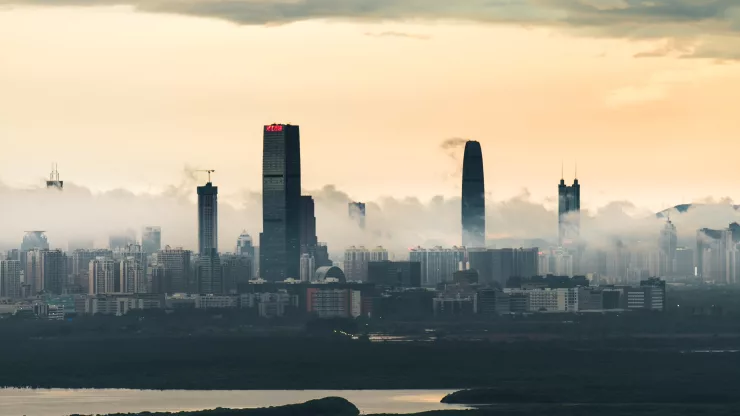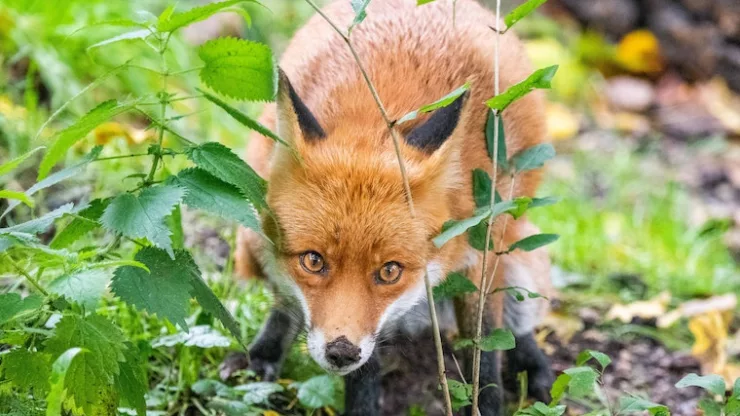As the world becomes increasingly urbanized, it is more important than ever to prioritize and preserve urban biodiversity.
Cities are often thought of as concrete jungles, devoid of wildlife and natural habitats.
However, urban environments can be surprisingly diverse and support a wide range of plant and animal species.
In fact, urban areas may play a key role in preserving biodiversity and mitigating the effects of climate change.
Jump to Section
The Importance of Urban Biodiversity
Urban biodiversity refers to the variety of life found in cities, including plants, animals, and microorganisms.
It is essential for maintaining healthy and functional ecosystems, as well as human well-being and quality of life.
Biodiversity provides a range of benefits, including ecosystem services such as air and water purification, pollination, and pest control.
However, urbanization often leads to habitat loss and fragmentation, which can negatively impact biodiversity.
Urban areas are also subject to a range of environmental stressors, including pollution, climate change, and invasive species. This makes it all the more important to actively promote and preserve urban biodiversity.
The Benefits of Wildlife in Cities
Wildlife plays a crucial role in urban ecosystems.
Birds, bees, and other pollinators contribute to the growth and reproduction of plants, while predators such as owls and hawks help control rodent populations.
Even small patches of green space can support a surprising amount of wildlife, including insects, birds, and small mammals.
In addition to the ecological benefits, wildlife can also provide social and cultural benefits to urban residents.
For example, birdwatching and other nature-based activities can improve mental health and well-being.
Encountering wildlife in unexpected places can also foster a sense of wonder and connection to nature.
How to Foster Biodiversity in Urban Areas
There are many ways to promote and support urban biodiversity. Some strategies include:
- Designing green roofs and walls to provide habitat for plants and animals
- Creating wildlife corridors to connect fragmented habitats
- Planting native species to support local biodiversity
- Reducing pesticide use to protect pollinators and other wildlife
- Encouraging citizen science and community involvement in biodiversity monitoring and conservation
Urban biodiversity can also be incorporated into urban planning and development. For example, green infrastructure such as parks and greenways can provide valuable habitat and ecosystem services.
The Future of Cities: Sustainable and Wild
As the world continues to urbanize, it is crucial to prioritize sustainability and biodiversity in urban planning and development.
Cities can play a key role in preserving biodiversity and mitigating the effects of climate change, while also providing social and cultural benefits to residents.
By promoting urban biodiversity, we can create healthier, more resilient, and more vibrant cities for both people and wildlife.
Urban biodiversity may seem like a niche topic, but it has far-reaching implications for both the natural world and human society.
By taking steps to support urban biodiversity, we can create vibrant and sustainable cities that benefit both people and wildlife.
Whether you’re a city planner, a concerned citizen, or simply someone who loves nature, there are many ways to get involved and make a difference.
Together, we can create a brighter and more biodiverse future for our cities.
FAQ
How can I support urban biodiversity in my own community?
There are many ways to support urban biodiversity, even in small ways.
Some ideas include planting native species in your yard or community garden, reducing pesticide use, participating in citizen science projects, and advocating for green infrastructure and wildlife corridors in your city.
What are some common threats to urban biodiversity?
Urban biodiversity faces a range of threats, including habitat loss and fragmentation, pollution, invasive species, and climate change.
These threats can impact both plant and animal species, and can have cascading effects through entire ecosystems.
Why is biodiversity important for human society?
Biodiversity provides a range of benefits to human society, including ecosystem services such as air and water purification, pollination, and pest control.
It also has cultural and recreational value, and can contribute to human well-being and quality of life.
In addition, preserving biodiversity is crucial for mitigating the effects of climate change and ensuring a sustainable future.
I’m a nature enthusiast and creator of Metro Wilds and have spent years exploring the great outdoors.
With a passion for environmental conservation and sustainability, I have dedicated my career to writing about the beauty and wonders of nature, as well as the threats facing our planet.
Contact me at [email protected] for assistance.

